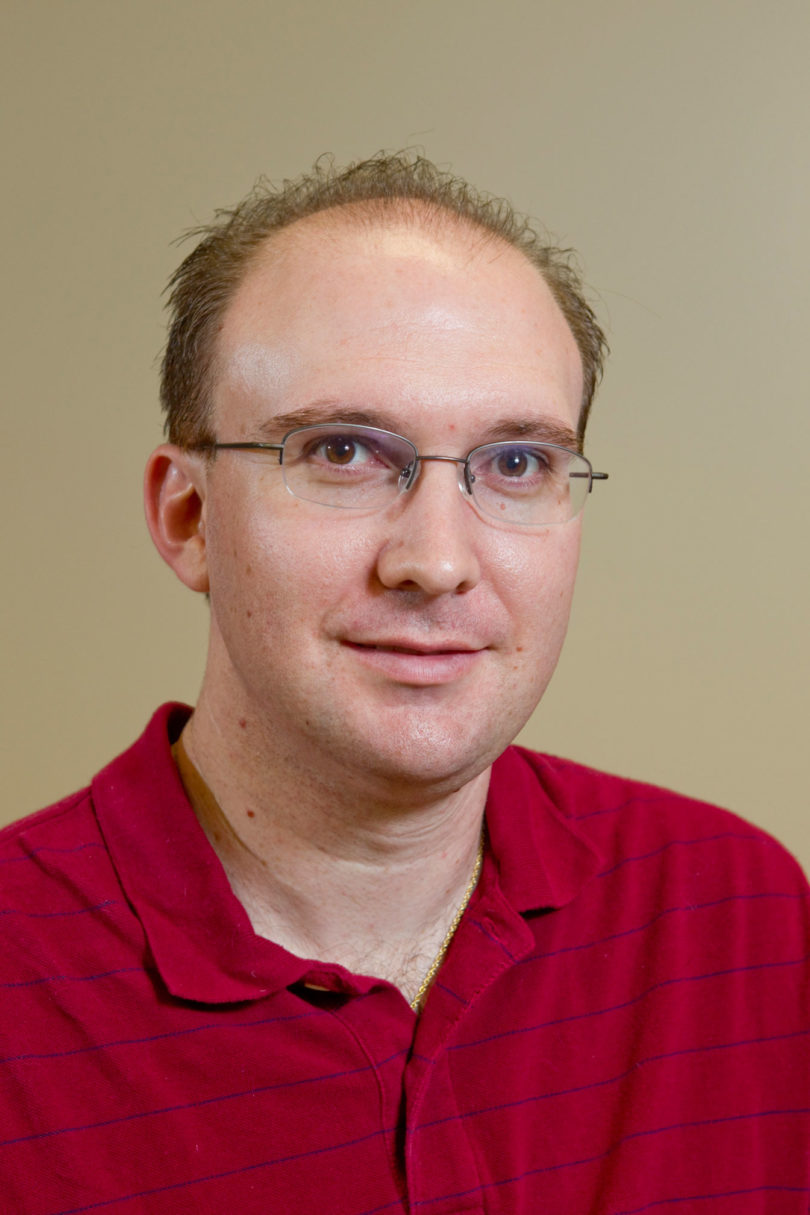The Office of the Vice President for Research has worked for the last two years with the UGA Postdoctoral Association to establish and improve postdoc policies and procedures, including defining criteria for postdoctoral appointees, and their terms of appointments, compensation and benefits. This summer those efforts were formalized into the Office of Postdoctoral Affairs within OVPR.
More than 250 postdoctoral researchers put in 60- to 80-hour weeks in their research labs, motivated by their passion for discovery and their desire to make a positive difference in the world.
“Much of the research at UGA is performed by either graduate students or postdoctoral research scholars working under the mentorship of a faculty member,” said Robert Scott, associate vice president for research and OPA director.
“Postdocs, in particular, bring perspective and vision to the research, and often take on management roles for the research project, including training of graduate students and staff,” he said. “OVPR strives to promote recognition of the value postdocs bring to our research enterprise and to improve the quality of the work environment for them.”
At many U.S. universities, this group of researchers is not recognized as students, staff or faculty. As a consequence, the next generation of the scientific workforce is often left in a career limbo that can translate into unclear policies governing the two to five years of a postdoc’s appointment.
The UGA PDA was established in January 2010 by a group of postdocs under the leadership of Amar Singh, postdoctoral scholar in biochemistry and molecular biology, to represent the interests of postdocs who conduct research in more than 30 departments.
Since then, the PDA has earned postdocs a seat on the University Council. They have advocated for a changed sick leave policy for postdocs, increased researchers’ access to periodicals, started a postdoc seminar series that increases cross-discipline connections among postdocs and earned the commitment of financial support for the series from UGA departments.
Chuck Mobley, the current president of the PDA executive committee, said his motivation for dedicating many hours every week to the PDA was simple.
“I was looking for a way to change some of the things that I saw hindering my research and that of my colleagues,” he said. “Increasing productivity of postdocs increases productivity of the PIs we work with.”
Recently, the OPA-PDA partnership created a new website (see Cybersights), the UGA Postdoc Portal, www.postdocs.uga.edu, to provide information for prospective and current postdocs about UGA and living in Athens.
The PDA is hosting a Career Symposium on Sept. 23 in celebration of National Postdoc Appreciation Week. Open to the UGA research community, the symposium will provide attendees with an introduction to a range of possible career paths, including industry, government, science policy, academia and the military. A dinner will immediately follow the symposium; tickets will be given to the first 50 symposium participants, starting at 11:30 a.m. A detailed agenda is available on the Postdoc Portal.








